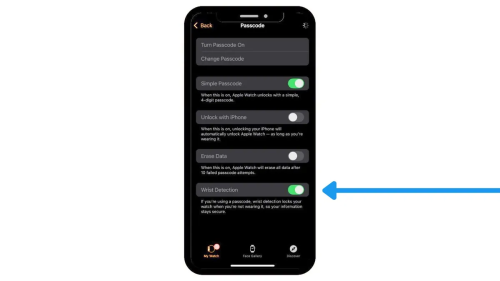Canadian Visa Challenges for International Students. For international students aiming to study in Canada, the dream of experiencing a top-tier education and a multicultural environment often comes with hurdles, especially regarding visas. While the process can be smooth for some, many face significant challenges before and during their time in Canada.
Key Takeaways:
- Financial preparation is critical. Ensure you have sufficient funds and an established account in Canada.
- Temporary residence status requires careful planning to avoid overstaying or losing status.
- Provincial Nominee Programs offer pathways to permanent residency but come with unique rules for each province.
- Visa refusals are possible, so it’s essential to be well-prepared and proactive in addressing potential issues.
- Post-Graduation Work Permits can extend your stay, allowing you to gain work experience and potentially enhance your chances of obtaining permanent residency.
1. Accumulating Sufficient Funds
One of the biggest challenges is proving financial capacity. Canadian immigration authorities require proof that students have enough funds to cover tuition fees, living expenses, and other essential costs while staying in the country. This is crucial because the Canadian government needs assurance that international students won’t face financial difficulties during their studies.
Students often need to provide evidence of funds in a Canadian bank account. For some, accumulating the necessary funds and establishing a Canadian bank account can be difficult, especially for those coming from countries with financial restrictions or currency exchange issues. Additionally, depending on the student’s home country, these funds can seem dauntingly high when converted to local currencies.
2. Temporary Residence: The Visa Limitations
The student visa only grants temporary residence status, which is valid for the duration of the academic program. Once the program ends, students need to either extend their visa, switch to a post-graduation work permit, or initiate the process for permanent residence if they wish to stay longer. Without taking action, students will be required to leave Canada once their visa expires.
This can be challenging because not every student might be fully aware of the procedures or the timeline for visa renewal. Furthermore, students must maintain their status throughout their time in Canada. Falling out of status, such as by failing to renew a visa on time, could lead to complications with immigration authorities.
3. Pathways to Permanent Residency: Provincial Nominee Programs (PNP)
For students looking to make Canada their permanent home, the good news is that most Canadian provinces have their own Provincial Nominee Programs (PNPs). These programs offer a pathway to permanent residency for students who have studied in that province. The process involves getting a nomination from the province, which increases the chance of being approved for permanent residency through federal immigration programs.
However, each province has its own set of rules and quotas, which students need to familiarize themselves with. For example, some provinces prioritize graduates in certain fields or those who have secured a job offer. It’s essential to research and understand the specific requirements of the province where the student intends to stay. Searching for “[Provincial Nominee Program (PNP) rules for ‘province’s name’]” will provide more detailed guidelines specific to each region.
Even though PNPs are advantageous, students should know that acceptance is not guaranteed. The federal government ultimately controls permanent residency approvals, and even with a provincial nomination, an application can still be denied. In some cases, applicants have been refused despite meeting many of the program’s criteria.
4. Dealing with Refusals
Unfortunately, visa refusals are not uncommon. Former Canadian visa officers, like one Quora user, have admitted to rejecting applications from prospective students. This highlights the importance of thorough preparation and understanding of the visa requirements. While the rejection can be frustrating, it doesn’t necessarily mean the door is closed forever. Students can appeal or reapply, but they should address the reasons for refusal in their subsequent applications.
5. Post-Graduation Work Permits and Other Pathways
After completing their studies, many international students apply for a post-graduation work permit (PGWP), which allows them to work in Canada for a period that matches the length of their program (up to three years). Gaining work experience through the PGWP can also enhance students’ chances of obtaining permanent residency in the future.
However, the PGWP comes with its own set of challenges. First, students must apply within 180 days after receiving their final marks, and the application must be done while holding a valid student visa. Missing this deadline could lead to missed opportunities to gain valuable Canadian work experience.
FAQs:
Q: Can I stay in Canada after my study permit expires?
A: Yes, if you apply for a post-graduation work permit or permanent residency before your permit expires. If you don’t, you must leave Canada.
Q: What happens if I don’t have enough funds to meet visa requirements?
A: Your visa application will likely be denied, so it’s crucial to ensure that you have enough funds to cover your studies and living expenses.
Q: Is it easy to get permanent residency in Canada as a student?
A: While there are pathways like PNPs and work permits, there’s no guarantee. Success depends on many factors, including meeting specific provincial and federal requirements.
In summary, while Canada offers numerous opportunities for international students, there are visa challenges that can be daunting. However, with proper preparation and an understanding of the rules, many students successfully navigate the process and thrive in Canada.








